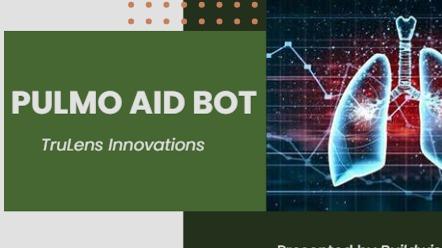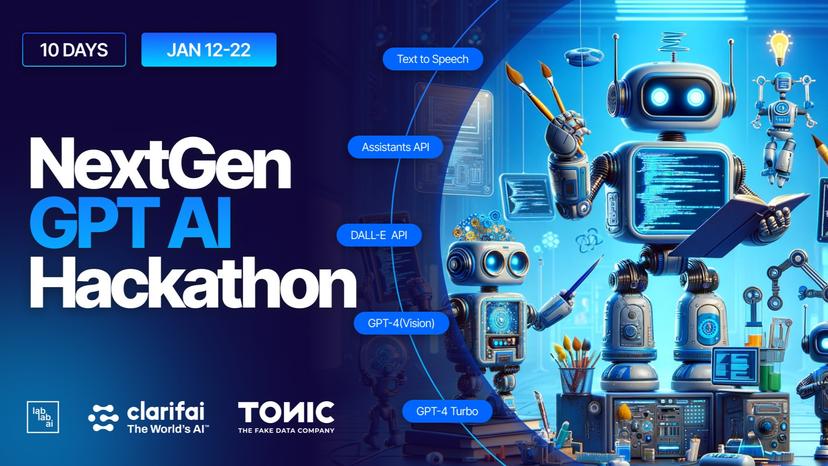🤝 Top Collaborators
🤓 Latest Submissions

Pulmo Aid BOT
Lung cancer prediction, critical in oncology, benefits from AI, notably GPT-3.5 Turbo. It leverages diverse data, including demographics, medical history, genetics, environment, imaging, and clinical notes, to generate accurate risk assessments. GPT-3.5 Turbo's unique capabilities in natural language understanding enhance predictive models by extracting insights from unstructured data, refining risk stratification, and facilitating early detection and intervention. Its development involves rigorous steps of data collection, preprocessing, feature engineering, model selection, and evaluation to ensure robustness and generalizability, promising significant advancements in lung cancer care and patient outcomes.
Hackathon link
23 Feb 2024






